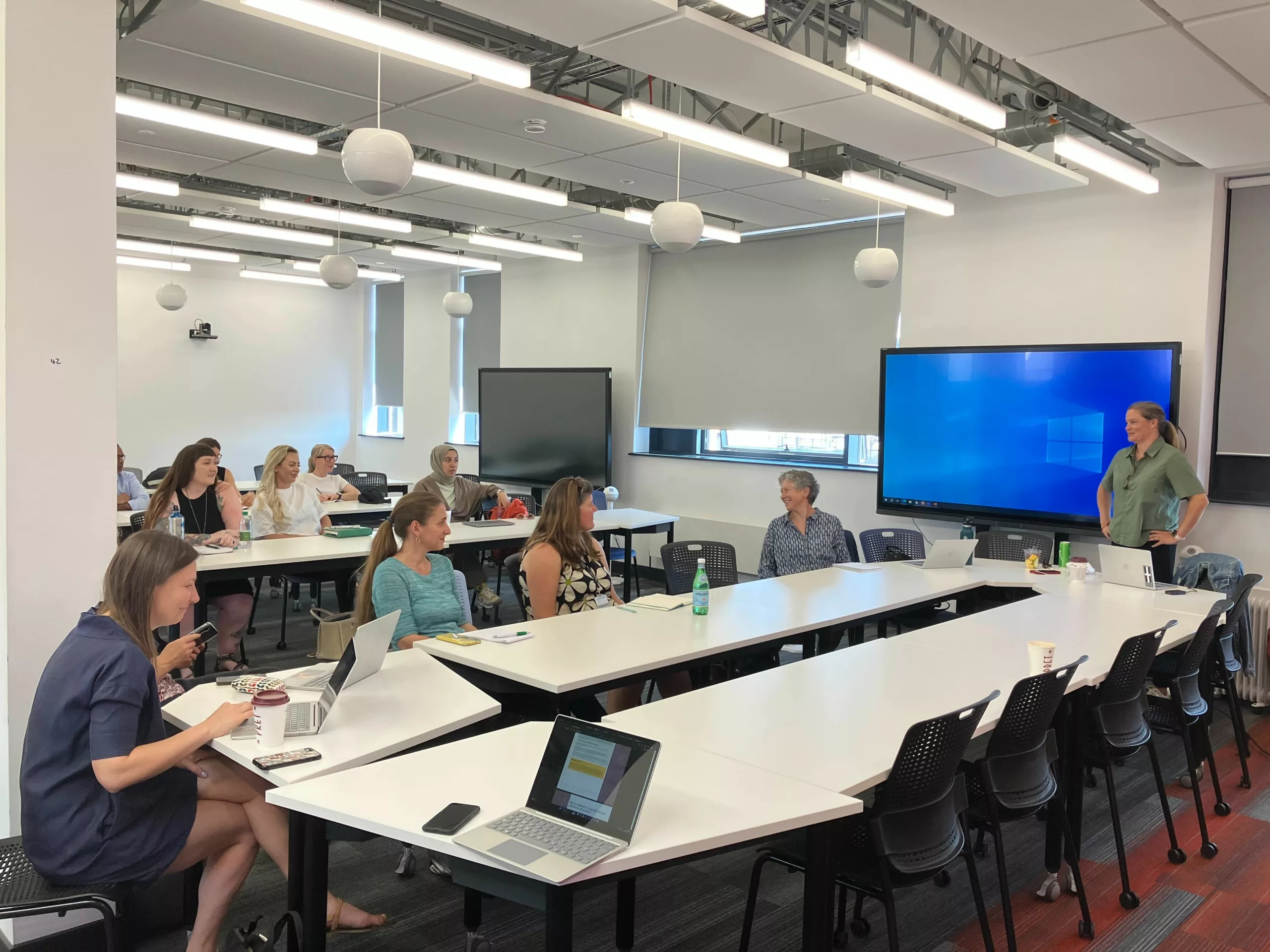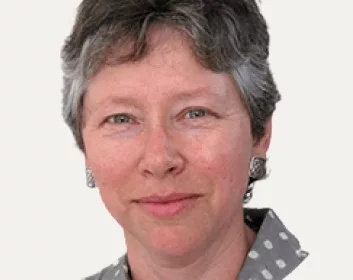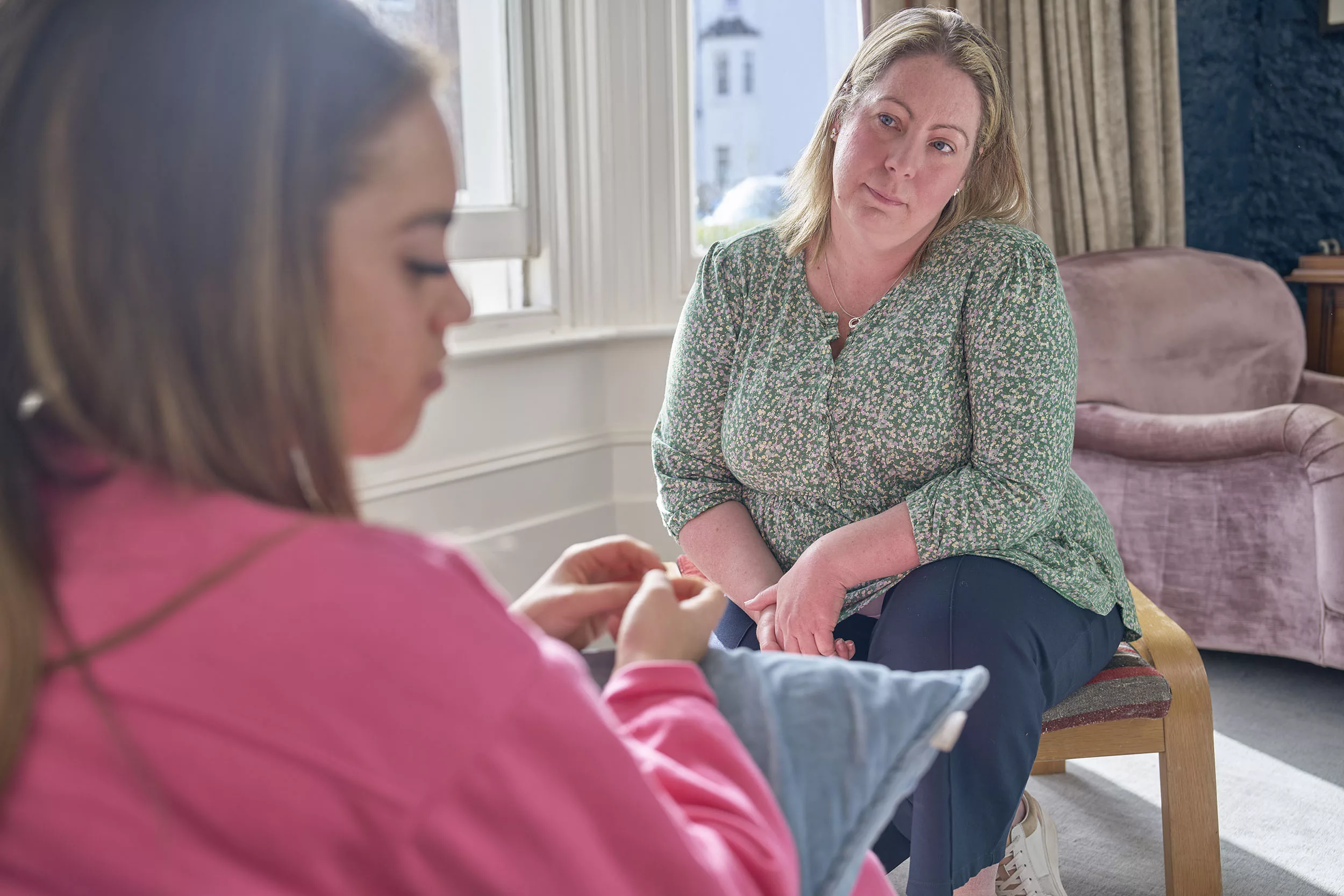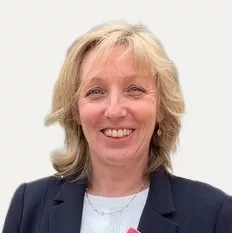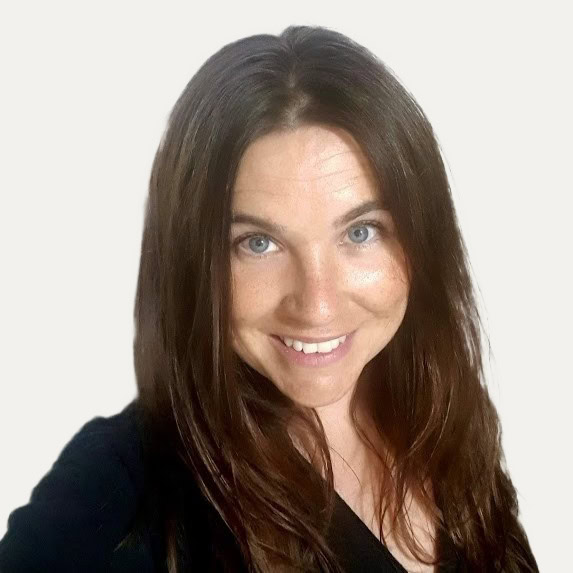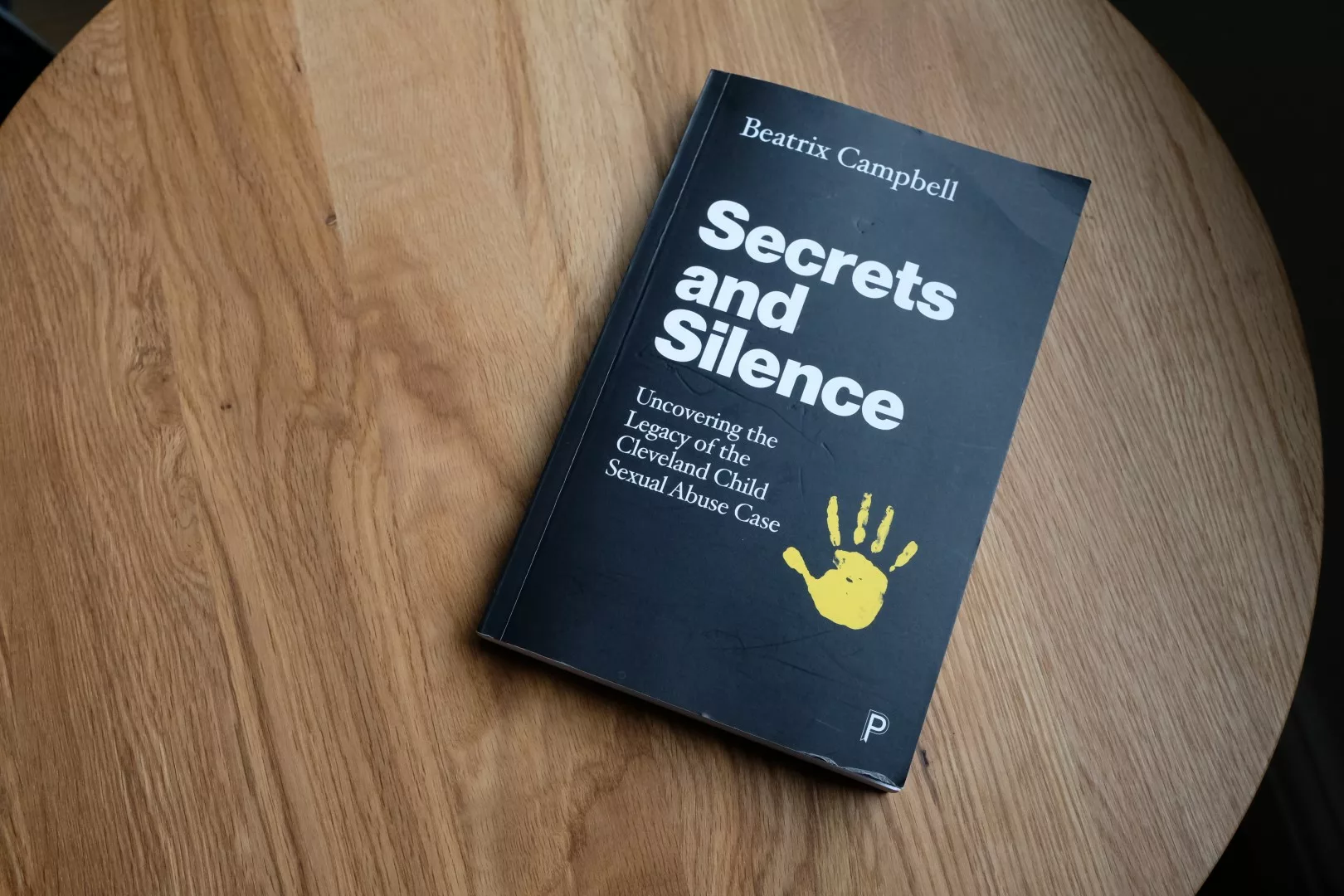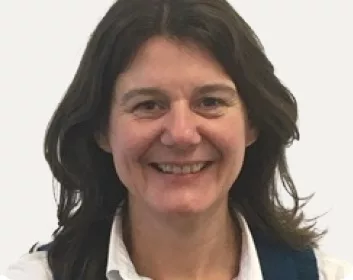It is always enjoyable when we organise events that bring together people who are working on improving understandings of child sexual abuse. We have run quite a few events along these lines, and on the research side we have held a PhD students workshop every year since 2017.
Because it has to provide an original contribution to knowledge, doing a PhD can be a uniquely isolating experience. And then of course working on child sexual abuse adds further challenge. Our original guess that people who have chosen to focus on this difficult subject would appreciate coming together was totally borne out in reality. This year, 38 individuals registered and 27 attended our fifth PhD workshop: the highest numbers so far. I take this as very encouraging – I hope it means that there is growing academic interest in this area, so that more students are able to undertake these PhDs, but also that more know about our work here at the Centre of expertise on child sexual abuse (CSA Centre).
This was our fifth workshop, and many past attendees have now gone on to complete their doctorates. It is important for us at the CSA Centre to support, develop, and raise the quality of research on the issue of child sexual abuse, and to encourage students in making their valuable contributions to this field.
This year – as with the last, due to restrictions – the one-day event took place on Zoom. The workshop welcomes students who are in their first year, and still thinking about exactly how to focus their doctorate, as well as those whose work is much more developed, with literature analysed and data collected. The intention is to make space for uncertainty and questioning – this is not a workshop, like most others, where the aim is to present polished work. We heard a wide range of students’ work, including presentations, for example, focusing on grooming on social media, barriers to mental health support for Black, Asian and minority ethnic young people, and justice system experiences of male victims of non-recent child sexual abuse in football.
Professor Liz Kelly of London Metropolitan University has brought to these workshops her experience of supervising many PhDs, as well as her depth of knowledge of this field, plus we had further academic support from Dr Miranda Horvath of Middlesex University (now Professor at the University of Suffolk). Given their individual disciplines – Miranda as a forensic psychologist and Liz as a sociologist – we were able to divide the student presentations accordingly with Miranda responding to the ones more oriented to perpetration and Liz those about responses to victimisation. I first met Liz many years ago when we were both doing PhDs and attended a (quite different) workshop for PhD students – obviously part of the inspiration for these events. We also held a session (now a regular part of the workshop) to encourage students in protecting their own welfare that I led based on work developed by Dr Helen Beckett – she discusses this in her blog for us.
We know that bringing together PhD students in this way can be immensely helpful:
This session gave me so much confidence in what I was doing and the steps I am currently taking. Hearing other experiences and advice helped lots!
Very helpful speaking with other PhDs in this period of isolation
Useful to see the range of research going on and could see connections to work of others that I can follow up
The study of child sexual abuse spans a wide range of academic disciplines. Students who took part this year were based in over 30 different universities, and were working in a variety of disciplines, including of course psychology (including clinical and forensic psychology), criminology, and sociology but also departments of history, public health, arts and law, trauma and abuse, policing, applied linguistics, health and social sciences, social policy and social work. It is easy for those working on this issue to be unnecessarily isolated through this – when we launched our Research Mapping report. I met someone who told me that she had learnt through this about four studies on sexual abuse going on in other departments at her own university, which she had never heard of.
Overall, it is wonderful for us to be in touch with this group of researchers, who are undertaking such original studies, and are likely to bring their insights and talents to our sector for years to come. We know there is still so much to understand, particularly around the prevalence of child sexual abuse, responses to perpetration, and support for victims and their families (see my earlier blog here). Here are more kind words from participants.
Thank you for hosting the PhD events – I really enjoy coming to them and have found them really useful with regards to becoming a better researcher
I really appreciated the productive and inclusive discussions about current research, practice and theory in this area
Excellent workshop. Lovely environment considering the content. Very supportive leaders
If you are interested in attending our workshop next year, please get in touch and send us your details here.

